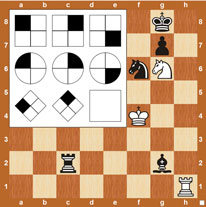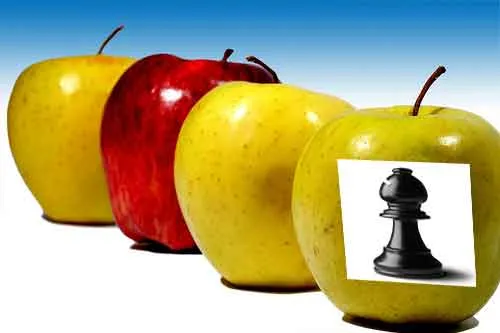How Chess Develops the Mind
A lot of people are snatch-and-grab, fast-paced types who love expediency and the thought of cruising to an easy victory. For this demographic, the game of checkers has long been a fun activity. With no in-depth strategy needed, players scream, “King me!” as they jump their opponent’s pieces en route to the boards opposite end. But the game of chess, on the other hand, is considered the game of true Kings; a thinking man’s game that involves detailed strategy and a fearless disposition that never shies away from danger.
It is argued that the most skilled chess players are prodigies; individuals whom are already geniuses, able to hone in and think ahead dozens, even hundreds of moves in advance. As such, these wizards of high IQ are able to outperform the laymen in this centuries-old battle for supremacy. However, it has since been proven that one doesn’t need the intellectual prowess of Bobby Fischer to succeed in the game. Knowing how to play, grasping the strategy involved, and constant practice can create a brilliant chess player.
Chess is able to develop the mind in ways that books and conventional teaching cannot. Some skeptics of chess’ ability to strengthen thought and decision-making capability cite its “game-like” nature as a reason to dismiss its effectiveness as a learning tool. But they undoubtedly have the game of chess confused with checkers. Evidently, these naysayers are the snatch-and-grab types we’ve forewarned about. Chess isn’t just any game, it’s the game: A player must use his pieces, a move at a time, to capture his opponent’s King, while protecting his or her own King from capture. This isn’t like taking all the pieces and clearing the board. No, it’s not like Alexander at all; it’s more of a Caesar strategy; divide and conquer.
Comparing chess to games like checkers is like comparing baccarat to slot machines. Chess players have an infinitely small lifespan should they rely on luck to win the day. Instead, players must use all pieces – pawns, rooks, knights, bishops, a queen and a king – to formulate a winning strategy. Involving one’s self in chess is to immerse one’s self in deep thought and focus; planning and strategizing; ethical right-from-wrong decisions; and ultimately self-discipline.
Indeed, among those who know the game, it’s loved immensely. Chess is a world renowned learning tool, per the opinions of the intellectual community. And thousands of people around the world champion its ability to develop the human mind.










Comments: